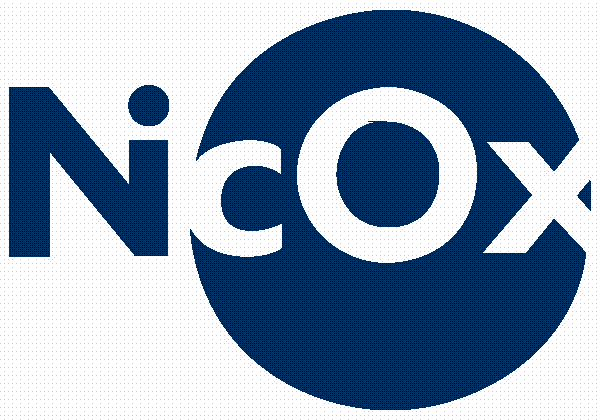FDA Grants Orphan Drug Designation to Nicox’s DMD Therapy
Written by |

 The U.S. Food and Drug Administration (FDA) has granted Orphan Drug Designation to naproxcinod, an investigational treatment being developed by Nicox S.A. for patients with Duchenne muscular dystrophy (DMD). The designation is given to drugs or biological products that address rare conditions and is meant to offer drug developers a series of benefits to accelerate regulatory processing.
The U.S. Food and Drug Administration (FDA) has granted Orphan Drug Designation to naproxcinod, an investigational treatment being developed by Nicox S.A. for patients with Duchenne muscular dystrophy (DMD). The designation is given to drugs or biological products that address rare conditions and is meant to offer drug developers a series of benefits to accelerate regulatory processing.
Being granted orphan drug designation means that Nicox may now qualify for development incentives, such as seven years of marketing exclusivity in the United States after being approved by the FDA for the indication, as well as possible tax credits and reduced fees, as announced by the company in a press release.
Naproxcinod is a Cyclooxygenase-Inhibiting Nitric Oxide-Donating (CINOD) anti-inflammatory investigation drug that already demonstrated its promising capacities during preclinical studies conducted in models of muscular dystrophy. The drug was also granted European orphan drug designation to treat DMD by the European Medicines Agency (EMA) in October 2013.
[adrotate group=”3″]
The potential therapy is being investigated by Nicox, with support from an undisclosed financial partner, in patients who suffer from DMD. The undisclosed financial partner has been given the exclusive right to invest in naproxcinod, as well as the option to invest in next generation nitric oxide (NO)-donors, if the results of the evaluation are satisfactory to the partner at the end of the evaluation period.
Despite being a rare disease, Duchenne is the most common but also severe form of muscular dystrophy. Being an inherited condition, it provokes the weakness and loss of muscle. Therefore, the FDA and the EMA are committed to supporting the development of potential treatments for the disease, as well as numerous others in the same situation, by granting the status and its benefits.
The biopharmaceutical company PTC Therapeutics, Inc., has also been granted the orphan drug designation for its novel product Translarna (ataluren) as a treatment for Mucopolysaccharidosis I (MPS I), by both the FDA and the EMA, making it the third indication for Translarna that has received an orphan drug designation, with the previous two being DMD and cystic fibrosis.





